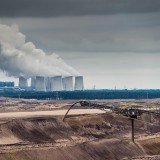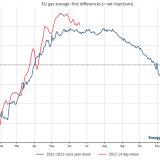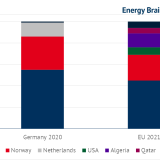Coal will be phased out of the German electricity mix by the end of 2038 at the latest. The last coalition led by Chancellor Angela Merkel had already agreed on this. If the current coalition government has its way, the coal phase-out would ideally be completed by 2030.
Continue reading






